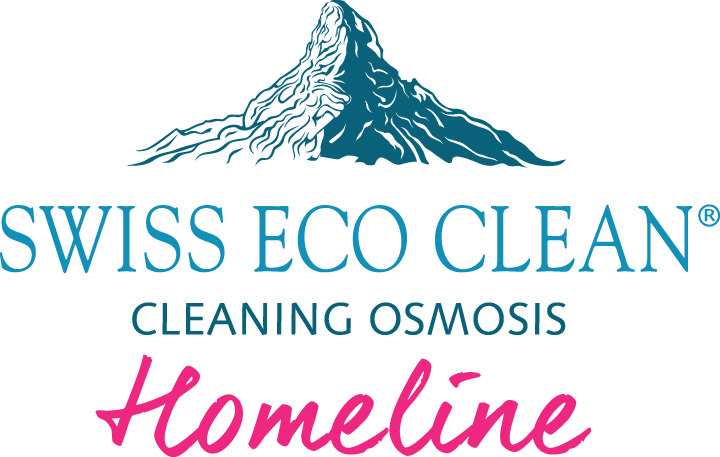Juli 06, 2020

"Ha ha ha, you are a blacky!" I shouted to my brother. I can’t remember what we were playing when I yelled that phrase at my brother. But we were probably fighting.. I was in the habit of doing or saying something to make my brother furious, and then running away from him. I was faster, so I thought it was so much fun. One day he caught up with me though and gave me a straight shot with his fist right on my mouth. The punch managed to loosen a tooth, and I walked around looking like Dracula for a few days.
On this particular day, when I was taunting my brother, my father happened to be around to hear me. He was angry with me, and let me know that it was unacceptable for me to use that phrase. He sat me down to give me a lecture about respect and equality.
At the same time, I didn't think less of someone from another country or someone with another colour of skin.
I don't remember in what context I had said it and why and what I meant with it. I don't think I knew myself.
But I do remember how I felt about it while my father was talking to me: shame and embarrassment. My father intensely explained about racism as best as he could at the time.
Where did I get the idea to use this phrase as an insult?
Why did I say this? Well, I’m learning through what I am reading and watching that the ideology of White Supremacy is rooted within those of us who identify as white. In other words, I ingested our society’s subtle messaging about race from the time I was very young. We all did.
In this article about weiße Vorherrschaft the author states: The most common mistake people make when talking about racism (White Supremacy) is to think of it as a problem of personal prejudices and individual acts of discrimination. They do not see that it is a system, a web of interlocking, reinforcing institutions: political, economic, social, cultural, legal, military, educational, all our institutions. As a system, racism affects every aspect of life in a country. By not understanding that racism is systematic, we guarantee it will continue.
I've also just watched the documentary on Netflix called: 13th: From Slave to Criminal with One Amendment It's about Black people in America from when slavery ended up to now. It shows how loopholes in the law and media misinformation paved the way for political and corporate agendas. I strongly recommend you watch it.
And in the book: Aphro-ism: Essays über Popkultur, Feminismus und schwarzen Veganismus von zwei Schwestern the two sisters Aph and Syl Ko bring up something vital.
They explain how the oppression of animals (speciesism) is linked to the oppression of humans in that they have the same root causes, see above: White Supremacy. .
The language we use
When you become aware that misinformation is given to us regularly, and those subtle messages are built-in everywhere, you will start to notice it.
Sometimes the messages are right in front of us, but we just haven't seen them before.
One example is how speciesism is built into our language. In addition to the fact that we use names of animals as a way to insult someone or call them derogatory names (for example, pig, chicken, or cow), we have many common sayings that we use that degrade animals. Like these:
Stubborn as a donkey
Blind as a bat
I smell a rat
Kill two birds with one stone
Be the guinea pig
Beat a dead horse
Take the bull by the horns
Golden cage
Open a can of worms
The black sheep of the family.
The list could go on and on. It's harmful and degrading and the sayings cause us to think less of the individual/species involved. When something is repeated often enough, it becomes the norm.
What can we do?
We need to do some introspection around what is going on in our minds. When we see language that is degrading, we need to question it. Why did we use that phrase? Where did it come from? How can I communicate something different? Pausing and reflecting can help us see that we might be unknowingly taking part in racist language, thoughts and actions.
We need to develop critical thinking. Question things we are being told. Do our own research. Have constructive discussions.
And what is vital for us to understand, is that the oppression of someone else, determined by their colour, race, ethnicity, sex, gender identity, religion, age, ability, national origin or species, has the same root cause, see above.
Let's trust ourselves more. Trust our intuition. We don't want to hurt someone else. Let's align our actions with our own values.
Everyone and everything on the planet is interrelated and connected. What we think, feel and do has consequences. And we have the ability to understand and learn this even as very small children who shout insults at one another.
I'm grateful my parents made certain that my learning around these issues started early, but expanding our understanding and our activism is a life-long process.
This quote from Martin Luther King Jr sums it up perfectly:
“Injustice anywhere is a threat to justice everywhere. We are caught in an inescapable network of mutuality, tied in a single garment of destiny. Whatever affects one directly, affects all indirectly.”
November 01, 2025
Der November steht im Zeichen des Veganismus. Vegan zu leben bedeutet nicht Perfektion, sondern die bewusste Entscheidung, Schaden so weit wie möglich zu vermeiden.
Oktober 29, 2025
Do a calm, cosy October reset in under 90 minutes: declutter sentimental items, clean as you go, and display one memory you’ll actually see: mini checklist included.
